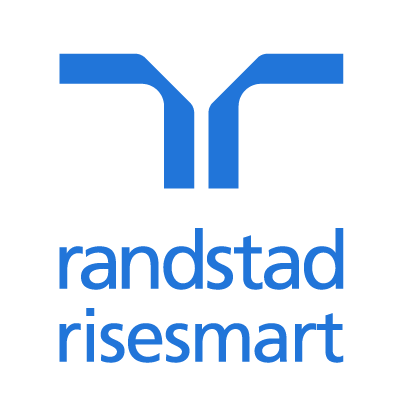Developing the skills and talents of your people pays dividends. Not only do you get more productive people, but they are far more likely to stay with you and more motivated to perform. Don’t just take my word for it.
Our survey, with HR magazine, Employee Development Trends in 2023 shows that 78% of respondents agree that development is crucial to retaining talent.
A further 86% agree that people with a development plan are more motivated and perform better. So creating a culture of lifelong learning, where you offer people the right training and development at the right time, both to benefit them, and your longer term business objectives, is highly desirable.
But like all great ideas, it takes time and effort. There are seldom and simple solutions in life or in business. If you listen to some self proclaimed business experts, you might be led into thinking that there’s a couple of simple hacks you need to follow and everything will fall into place. If only life were really like that I wouldn’t be writing these words or you reading them.
Having said that, there are some basic principles you need to address right away.
Building a culture of learning – where to start
The very first of these is the need to listen and respond to what your people are telling you. This in itself isn’t easy. You need to strike a balance between the needs of the business - its long and short term objectives - and what it needs to do to achieve those goals the needs and desires from your people.
That in turn means asking open and honest questions about your people: where they are now and what skills and experiences they need to have to ensure you meet those goals? What gaps exist, and how can you best progress towards closing those and developing new skills and talents – both right now and in the years ahead.
This is not a one-off exercise. It has to be one which is constant and changing, just as external and internal realities within and outside the business are themselves constantly changing.
Despite this, the fundamental idea of developing a solid feedback strategy the best starting point to making sure that you equip your people and therefore your organisation – with the skills it requires to meet future challenges – and the flexibility in turn to adapt that development process to changing needs.
That also means opening up new opportunities for career growth inside the business, ensuring that internal mobility is open to all who’d like to take advantage of it.
You need a culture which encourages a continuous loop of feedback and response. Because it’s not just about the skills themselves, it’s about providing ways to enable people to drive their own development, enabling managers to know how to support this growth, gaining useful skills for their careers which the business also benefits from.
So catering to your people’s development goals is truly crucial because if they can’t find the right opportunities within your organisation, they’ll look externally to find an employer who will provide those opportunities.
Once you have this process in place, then you are on the way to a culture which by its very nature encourages and nurtures your workforce, offering them the opportunities, if they wish to take them (and this will be dependent on many factors, not least where they are in their career path) which will both equip them with the skills they need, and your business with what it needs to thrive in the future.
I did say none of this was easy, and yet perhaps I’m giving the impression, unintentional, that actually you just need to take a few simple steps. Yes, the basics are there. What is tricky, and truly unique to your reality, is how you implement it whilst staying true to your culture and values, and catering to the needs of your people and your business.
Daniel Gualdino is senior people scientist EMEA at Culture Amp
The find out more about the services Culture Amp can provide to help your company have the conversations which develop a strong culture of lifelong learning click here to access the HR magazine/Culture Amp infographic.













